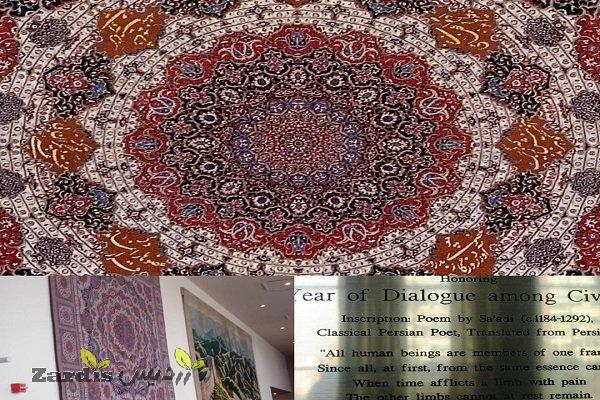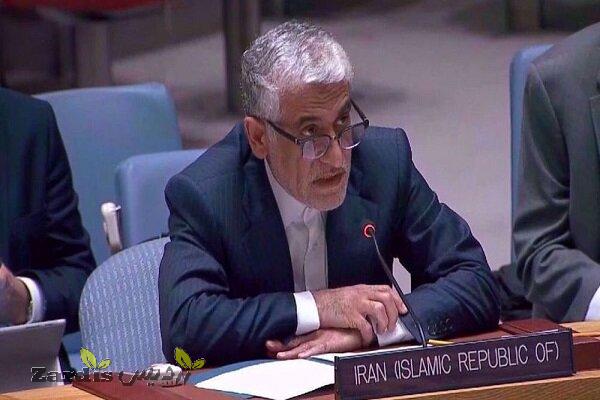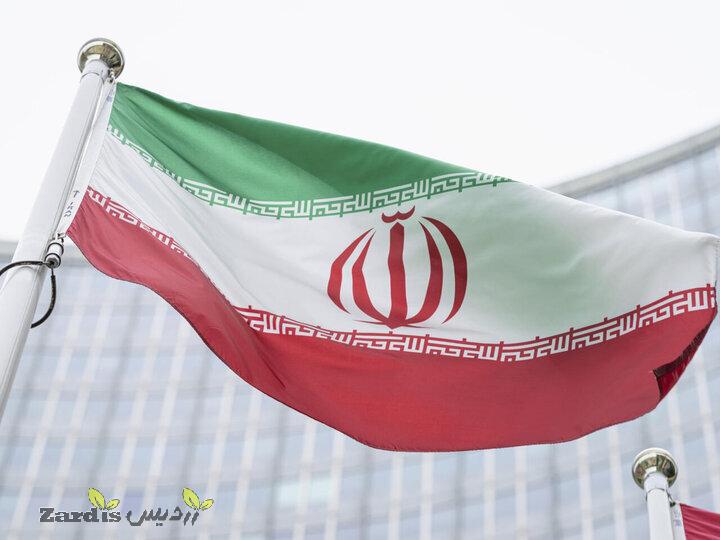Iran has been the land of literature for centuries. Saadi Shirazi is one of the Iranian poets with international fame. His poetry has become popular throughout the world.
Being one of the most prominent Persian poets in Iran’s history, Abu-Muhammad Muslih al-Din bin Abdallah Shirazi, known by his pen-name Saadi, was born in Shiraz around 1200 and passed away around 1292.
Saadi is widely recognized as one of the greatest poets of the classical literary tradition, earning him the nickname “The Master of Speech” or “The Wordsmith” among Persian scholars. He has been quoted in Western traditions as well.
He is highly recognized for the quality of his writings and the depth of his social and moral thoughts.
Saadi was born in Shiraz around 1200. He died in Shiraz around 1292. He lost his father in early childhood. With the help of his uncle, Saadi completed his early education in Shiraz. Later, he was sent to study in Baghdad at the renowned Nezamiyeh College, where he acquired the traditional learning of Islam.
The unsettled conditions following the Mongol invasion of Persia led him to wander abroad through Anatolia, Syria, Egypt, and Iraq. He also refers in his work to travels in India and Central Asia. Saadi is very much like Marco Polo, who traveled in the region from 1271 to 1294. When he reappeared in his native Shiraz, he was an elderly man. He spent the rest of his life in his birthplace till he passed away.
His best-known works are the Bustan (The Orchard) and the Golestan (The Rose Garden). The Bustan is entirely in verse (epic metre) and consists of stories aptly illustrating the standard virtues recommended to Muslims (justice, liberality, modesty, contentment). The Golestan is mainly in prose and contains stories and personal anecdotes. The text is interspersed with a variety of short poems, containing aphorisms, advice, and humorous reflections.
Sense of humor plays an important role in Saadi’s works. We can find the roots of the characteristic in the poet’s thought and point of view. Saadi Shirazi’s poetry is replete with joviality and esprit.
He prevents dullness in his poems by the use of a sense of humor. This way, Saadi has made his poetry more influential and effective.
Saadi’s tomb is located in southern Shiraz. His mausoleum, also called Saadieh, is one of Iran’s major tourist attractions.
The tomb was first built in the 13th century. However, after being destroyed in the 17th century, it remained untouched till the present-day building was constructed in the 1950s.
Many Persian elements have been used in its architecture. It is also a National Heritage Site.
Every year, a number of literati and scholars from around the world gather at the mausoleum on April 20 to commemorate the great Persian.
Why do we love Sa’adi and listen to his advice?
The fact is that the words and freshness of Sa’adi’s poetry, as well as the foresight and wisdom of the tales of this famous Iranian poet, are so transcendent that anyone, without any reason, is enchanted by the balanced spirit and moderation in his poetry.
Sa’adi’s poetry reminds sympathy as the essence of human existence, as a balanced approach to daily life that can uproot many conflicts in the society.
Avoiding controversy in word and deed, and turning to a calm and gentle attitude for how to behave and live in coexistence is promoted in Sa’adi’s poetry.
Respecting for Sa’adi is respect for virtue, humanity and liberty in the world; these are the components that modern humanity needs more than ever. And for the sake of achieving it, he has also made his all efforts.
In a beautifully emotive poem called Bani Adam (human kind), drafted in the 13th century, the Persian-Muslim polymath Sa’adi used what can be employed as an analogy to our current challenge in order to visualise this common constitution of humanity. It reads:
Human beings are members of a whole,
in creation of one essence and soul.
If one member is afflicted with pain,
other members uneasy will remain.
If you have no sympathy for human pain,
the name of human you cannot retain.
It’s a poem that speaks to the inevitability of a common fate of humanity, that unites us into an intimately shared space.
“During my mission at the United Nations in 2004, I learned that Mr. Mohammad Sirafian, one of the most famous carpet merchants in Isfahan, had woven a five-meter-by-five-meter exquisite carpet with a poem by Saadi written in gold thread in the middle. He expressed his willingness to donate this carpet to the United Nations on the condition that it be installed in a suitable location,” Mohammad Javad Zarif, the former Ambassador of Iran to the United Nations (2002–2007) wrote about installing the carpet with a poem by Saadi in the United Nations in 2004.
MNA
- زردیس Zardis
- News code 56603
- 35 View
- بدون نظر
Zardis news | The latest news of Iran and the world
تمامی حقوق مطالب برای Zardis news محفوظ است و هرگونه کپی برداری بدون ذکر منبع ممنوع می باشد.
طبق ماده 12 فصل سوم قانون جرائم رایانه ای کپی برداری از قالب و محتوا پیگرد قانونی خواهد داشت.
طراحی و اجرا: سامانه سایت ساز زردیس







